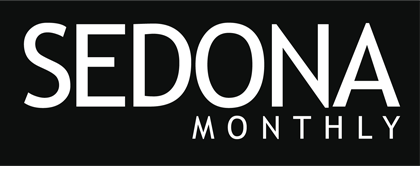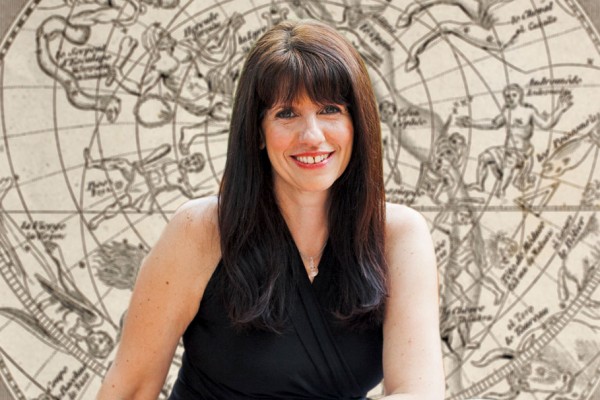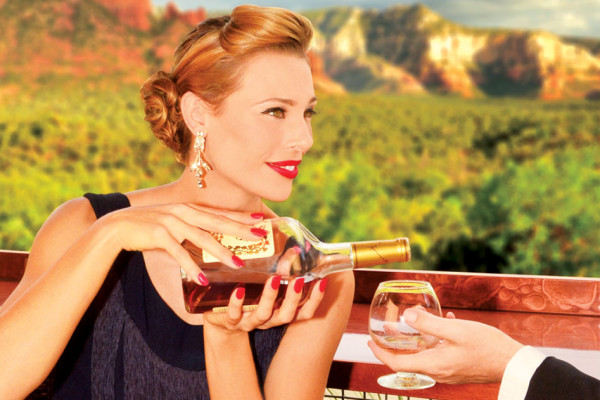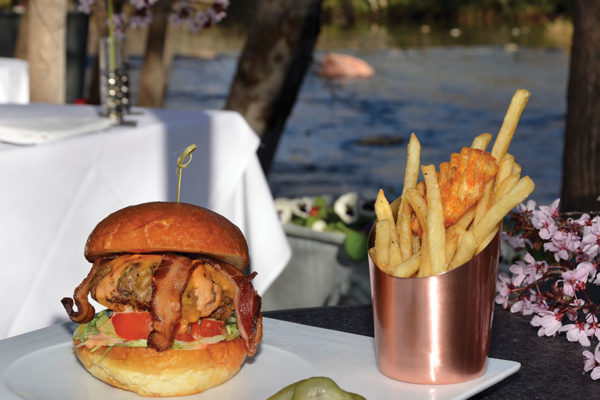Continued (page 10 of 14)
Martin Sheen
Martin Sheen, born Ramon Estevez, might be one of the most prolific actors of his generation. He gained critical acclaim for his role in Badlands (1973), but he’s arguably best-known for playing Capt. Willard in Francis Ford Coppola’s masterpiece, Apocalypse Now (1979). He won numerous awards for his role as President Jed Bartlet on The West Wing (1999-2006). Martin stars in The Way alongside his son, Emilio Estevez, who also wrote and directed the film. He spoke to Sedona Monthly from LA about why he’s so passionate about the film.
Sedona Monthly: Your son, Emilio Estevez, wrote and directed Bobby in which you had a role in an assemble cast, but The Way was obviously a much more intimate experience. What is it like being in a film written and directed by your son?
Martin Sheen: The genesis goes back to Emilio’s son and our journey together in 2003. I was doing The West Wing at the time, and I had a couple of seasons left. Emilio had work left on Bobby, so we were both finished in 2006, and we decided to look into the possibility. He hit on the idea of a father-son thing, and it parallels The Wizard of Oz. Emilio lives down the street, so I see him quite often, and I would follow the progress. I’d make suggestions here and there – most of them he rejected, thank heavens. I’m just delighted that we were able to work side by side. He fashioned the character for me personally, and I was deeply moved by his tribute, if you will, and that he trusted me with the film. I haven’t carried a film for quite a while, and I haven’t played a character that had much to do with me for quite a while. I was deeply moved and grateful. The only anxiety I had was wondering if I could pull it off emotionally and spiritually. He assured me that together we could. It wasn’t difficult being directed by him. I had anxiety about playing up to the level that was necessary for the part. I didn’t want to disappoint him or force him into compromise.
Emilio says your performance in The Way is your best since Apocalypse Now. What are your thoughts on that?
I have to agree. Apocalypse Now was 30 years ago – actually longer – and I haven’t really carried a first-class movie since then. This was the task. I really had to be physically and emotionally ready for this and stay very, very focused, which I did. In low-budget, independent films, there’s so much compromise because there’s so little money. You have to settle for what you get – weather, financial conditions, difficulty on location. All those play a significant part in being able to pull it off, and [Emilio] made it look like it was a $50 million movie.
Because your real-life son plays the role of Daniel, your son in the movie, was Tom a more emotional character to portray?
Yes, very much so. In fact, he had to rein me in from the first movement. It starts with an emotional wallop. Yet [Tom] is someone who doesn’t show emotion. He’s not open to expressing how he feels. Emilio scored it so that I wouldn’t reach the apex in the first movement. He assured me there were valleys and highs, and the emotion had to be spread out over the two hours of the film. You couldn’t reach the climax in the first movement. I had to trust his instinct in that.
Was the film physically demanding?
I have to admit, for me it was because I’m not a kid anymore. Most young people can walk the whole Camino, which is about 500 miles, and some of it is pretty difficult terrain. For a guy my age who’s not used to trekking, it was demanding. I had to pace myself. I didn’t want to train for it per se. I do yoga every day, so I’m in relatively good shape. I don’t smoke or drink anymore, and I eat pretty consciously thanks to my wife, but I’m still not a kid. But we walked at least half of it.



